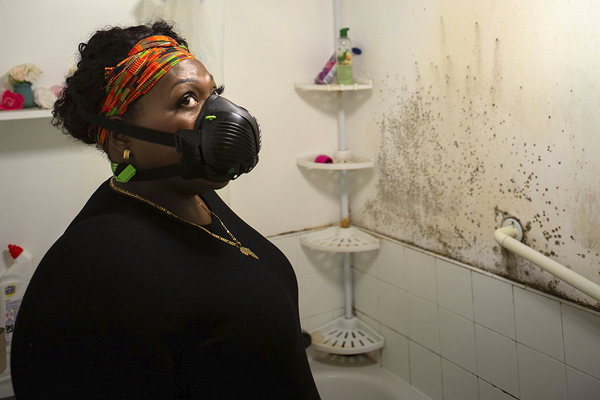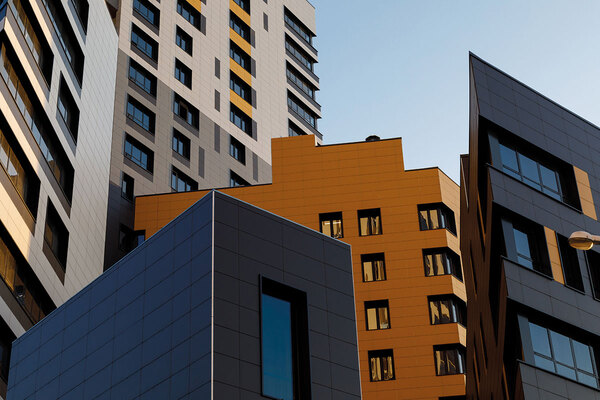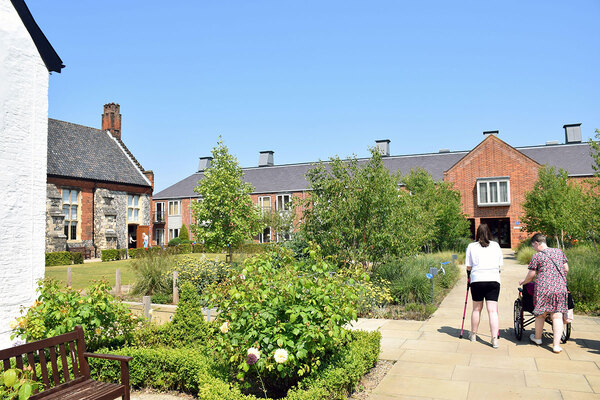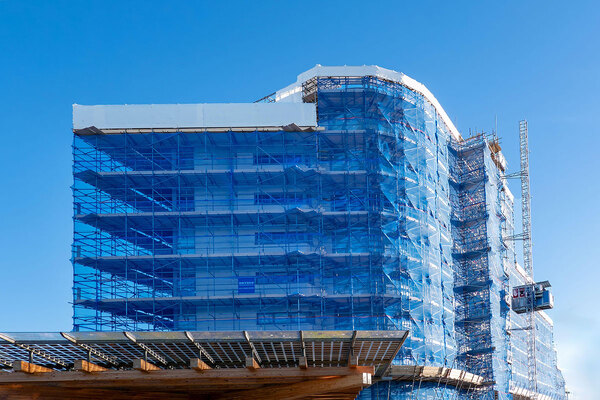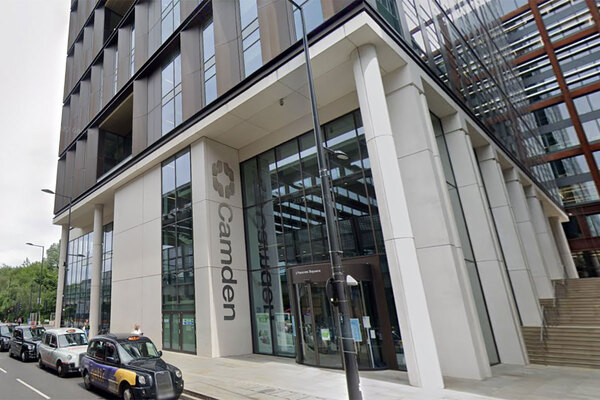Complaints to Housing Ombudsman rise by 21%
Complaints and enquiries to the Housing Ombudsman increased 21% in the first three months of 2020/21, having already risen sharply last year.
In its quarterly round-up report for April to June 2021, the complaints arbitration service revealed that it received 7,276 enquiries and complaints over the period, up from 6,010 in the previous three months.
The number is also 230% higher than for between April and June 2020 – although that quarter saw a 41% drop compared with the previous year amid the first coronavirus lockdown.
By the third national lockdown between January and March 2021, complaints and enquiries to the ombudsman were up 73% on the same quarter in 2020 at 6,010 following steady increases.
At the time, the ombudsman said these greater volumes of requests for its services “may be the new normal”.
Following the latest figures, housing ombudsman Richard Blakeway said: “This period has seen a further increase in complaints.
“There are several factors driving this including heightened awareness of the complaints process, and we expect a higher volume of casework to continue.
“As well as providing insight on the individual complaints we have received, these reports have an important role in sharing lessons from those more widely across the sector.
“Using this collective learning can help to resolve issues at a more local and earlier stage, for the benefit of both residents and landlords.”
During the April to June period, the ombudsman considered 687 cases to be within its remit, up from 505 in 2020.
It made determinations on 576 cases, finding full or partial maladministration in 42% and no maladministration in 31%.
The report also includes a section focusing on the South West and South East of England.
In the South West, complaint-handling failures were the most common reason for maladministration findings by the ombudsman, representing 43%, while in the South West it was property condition at 33%.
Six case studies – where the landlords have not been named – feature incidents of issues with repairs, service charges and anti-social behaviour.
Mr Blakeway said the anti-social behaviour case studies “reinforce the need for action to be taken promptly whilst updating the resident as they are often living under stress”.
The report also notes that by accepting the ombudsman’s voluntary offer of mediation in one case, landlords can “resolve the complaint quickly without the need for a full investigation” as well as restoring “a more trusting landlord-tenant relationship”.
Over the past 18 months, the ombudsman has placed an emphasis on becoming more open and transparent with the hope of improving services and complaint-handling in the sector.
It is running a series of ‘Meet the Ombudsman’ events where residents will have the chance to ask questions about its work and reports to help raise awareness and engagement.
Sign up for our regulation and legal newsletter
Already have an account? Click here to manage your newsletters


